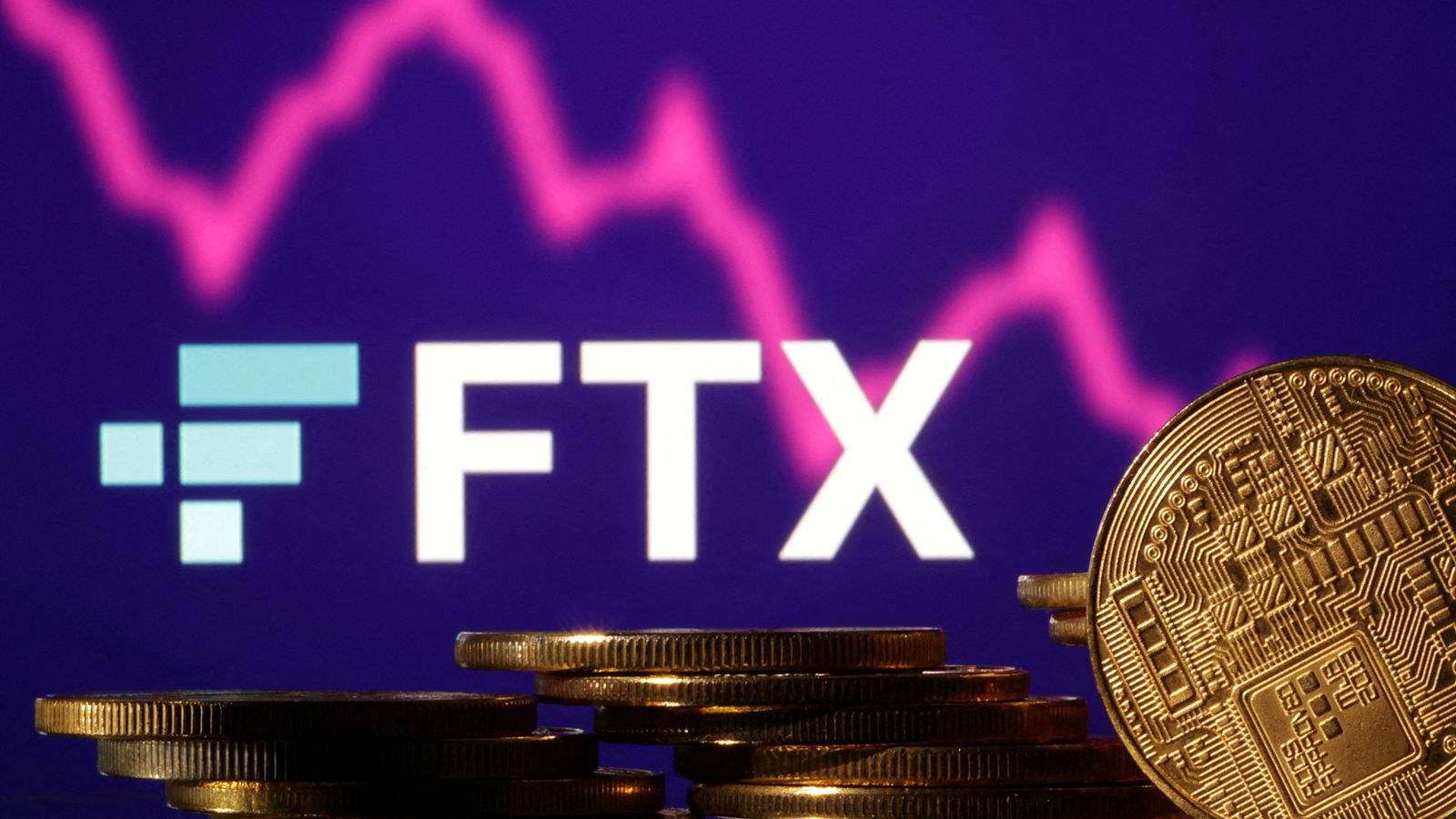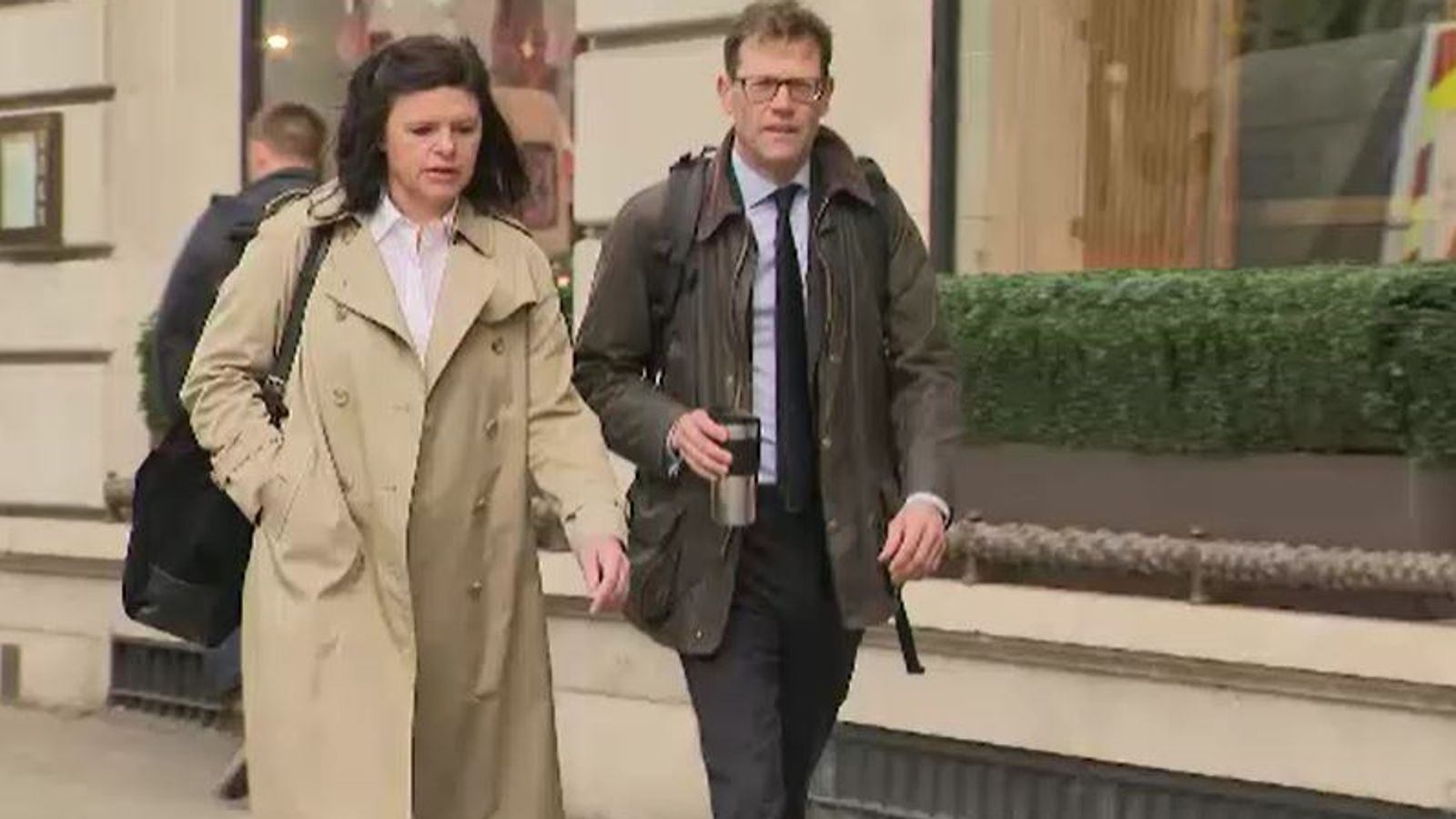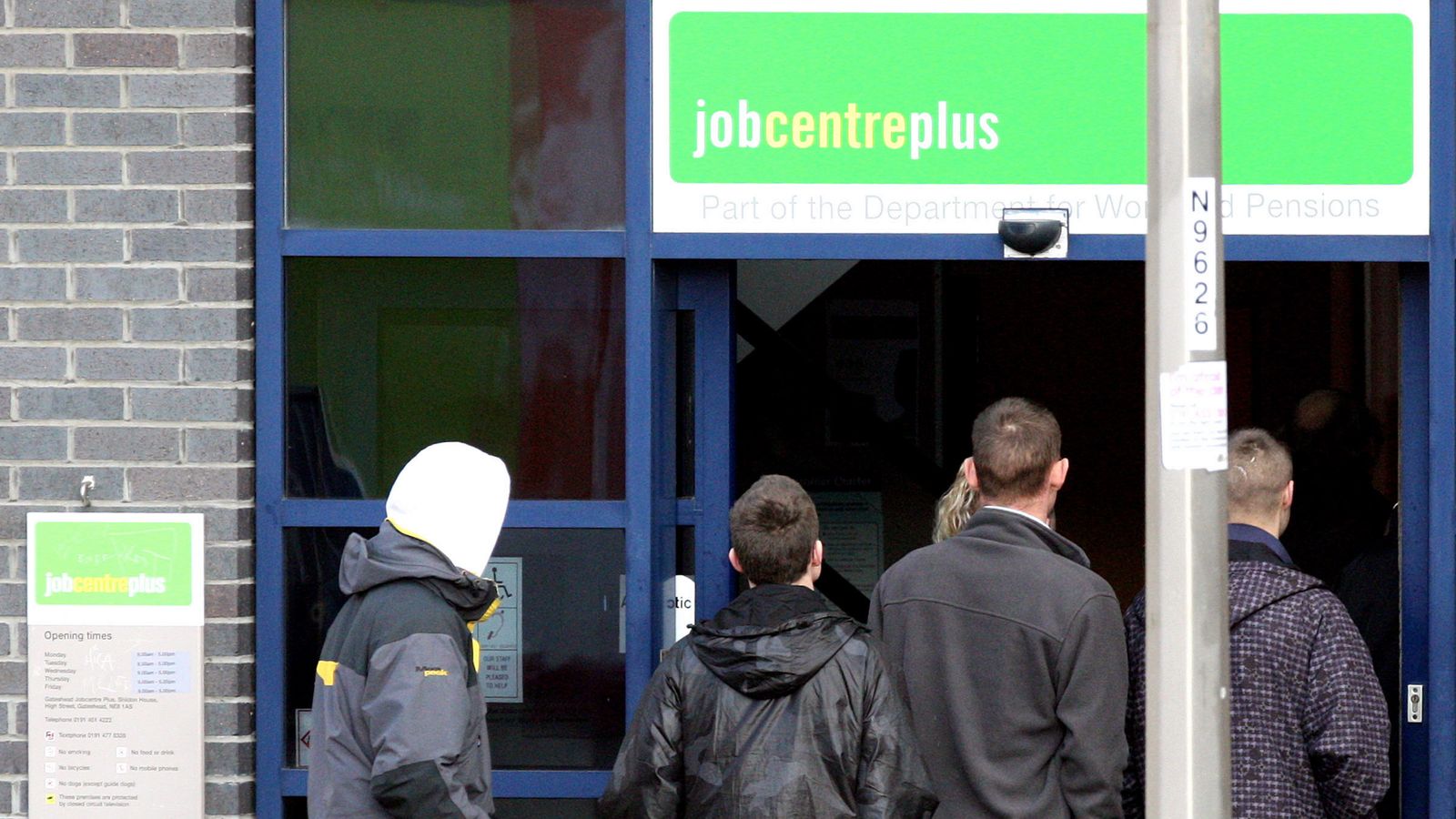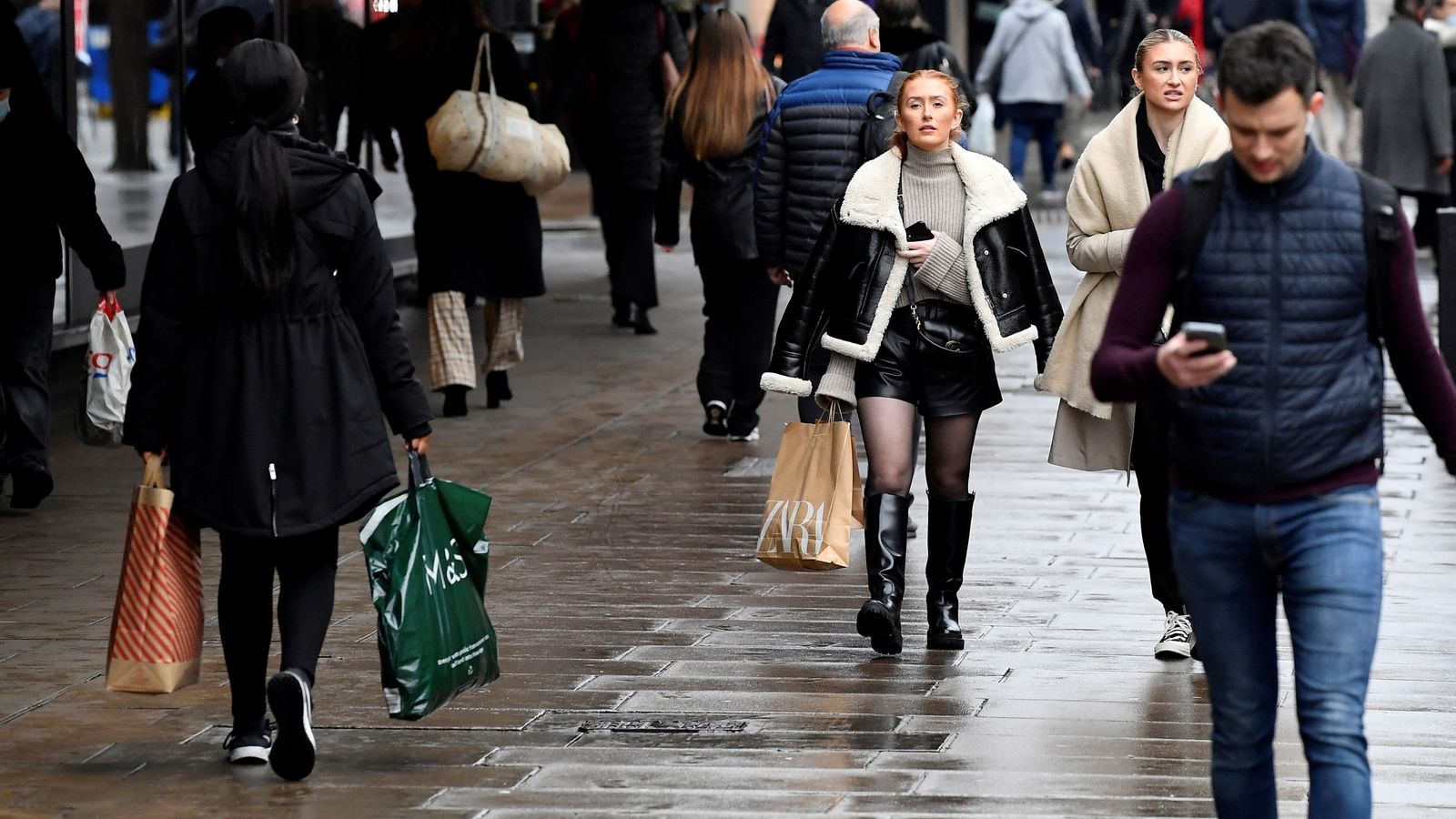
FTX, one of the world’s biggest cryptocurrency exchanges, is commencing bankruptcy proceedings in the US.
Chief executive officer Sam Bankman-Fried, who once graced the cover of Forbes, is also resigning, days after larger rival Binance walked away from a proposed acquisition.
His replacement, John J Ray III, said in a statement: “The FTX Group has valuable assets that can only be effectively
administered in an organised, joint process.
“I want to ensure every employee, customer, creditor, contract party, stockholder, investor, governmental authority and other stakeholder that we are going to conduct this effort with diligence, thoroughness, and transparency.”
Bitcoin and other cryptocurrencies have taken a battering this week as FTX teetered on the brink of insolvency, marking a staggering reversal for a firm reportedly once valued at $32bn.
The crisis has raised further questions about the regulation of cryptocurrencies and other digital assets.
Speaking to Sky News earlier, Brian Armstrong, chief executive of the crypto exchange Coinbase, said that the swift demise of FTX presented an opportunity for regulators to go further.
Mr Armstrong told Ian King Live: “One of the challenges out there is in the major financial hubs, we are seeing traditional financial services regulation applied to crypto companies, which is a great start.
“We are also seeing the development of crypto-specific regulation in these markets, which we have been a big proponent of, but in the absence of that complete regulatory clarity about crypto and how it’s maybe different to traditional financial services, we are seeing a large amount of customers offshore to these less regulated exchanges and that’s where this blow-up happened.
“It highlights the importance of improving some of that crypto-specific regulation in these financial hubs.”
For more on science and technology, explore the future with Sky News at Big Ideas Live 2022.
Find out more and book tickets here
How is crypto regulated in the UK?
Cryptocurrencies themselves are not regulated or approved in the UK, meaning investors have no protection should their currency of choice go under.
The only part of the industry that has got some UK regulation is when dealing with crypto exchanges. For example, Binance – one of the world’s largest – was banned from operating earlier this year.
Any crypto exchange must be registered with the Financial Conduct Authority (FCA) as part of the regulator’s responsibility to tackle money laundering.
Beyond that, the most significant form of crypto regulation in the UK is actually down to the advertising watchdog, which acts when it feels the public is being misled or misinformed.
For example, last year Premier League club Arsenal were ticked off over their promotion of fan tokens that “trivialised investment in cryptoassets”.
FTX collapse is ‘very uncommon’
FTX’s fall follows the collapse of stablecoin TerraUSD and crypto hedge fund Three Arrows Capital this year.
But Mr Armstrong insisted these sorts of situations were “very uncommon, just as in traditional financial services”.
“There are many companies in crypto, us among them, which are regulated and trusted,” he told Ian King Live.
“We’re a publicly listed company, we have audited financial statements.
“I think it’s very important for everyone to realise there’s a big difference between the trusted and legitimate funds in crypto and some of these offshore exchanges that are not following the rules.”
Crypto has been ‘set back’
Mr Armstrong admitted that the collapse of FTX had “set back” crypto’s road to becoming a legitimate asset class.
But he said that improved regulation would help increase confidence, and ensure the market bounces back.
“When new technologies come on the scene they’ll often go through these cycles and the good companies can ride through these cycles and actually emerge much stronger,” he told Ian King Live.
“We are in a down market in the broader economy, and everyone is trying to preserve capital, and see where the bottom of this market may be.
“Our job is to be good stewards of capital. The long-term potential is there.”







